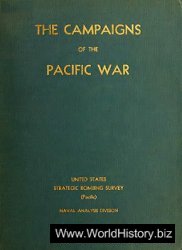Medieval texts of Aristotle’s Poetics would hardly have been recognized by Aristotle himself. They stemmed from corrupt and incomplete manuscripts, and from misinterpretations of Aristotle by Averroes, an Islamic philosopher of the 12th century. Translated into Latin, the Poetics as interpreted by Averroes was first printed in 1481, presenting the Renaissance with a theory of poetics based on logic and rhetoric, and twice removed from the original Greek. The additions by Aver-roes, although philosophically interesting from a medieval point of view, were distinctly unhelpful to anyone attempting to craft a work of literature. Fifteenth-century critics attempted to distinguish the basic text of Aristotle from the additions of Averroes, and a good Latin translation was available by the end of the 15th century. Nevertheless, Aristotle was viewed in the context of Horace, and the concept of plot was considered within a rhetorical framework of persuasion. The humanistic scholar Pietro Vettori (1499-1585), who held chairs of both Latin and Greek in Florence, specialized in commentaries on the works of Aristotle. In 1560 he published Commentarii in primum librum Aristotelis de arte poetarum (Commentary on the first book of Aristotle concerning the art of poetry), which finally categorized the parts of tragedy properly. During the remainder of the 16th century, several vernacular translations of the Poetics with commentary promoted the ascendancy of plot over character and the importance of representation of action. Lodovico Castelvetro’s (1506-71) Poetica d’Aristotele vulgarizzata et sposta (Poetics of Aristotle translated and explained, 1570) included a commentary on the dramatic unities. Alessandro Piccolomini’s (1508-78) Italian translation was published in 1572, and his Annota-tioni nel libro della Poetica d’Aristotele (Annotations on the book of Aristotle about the art of poetry) in 1575. The latter text promoted the author’s interest in vernacular Italian literature. These and other Italian treatises concerning the Poetics, including several of the works discussed in the following sections, influenced literary theory throughout western Europe.
Handbook to Life in Renaissance Europe




 World History
World History









